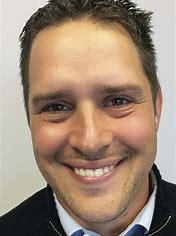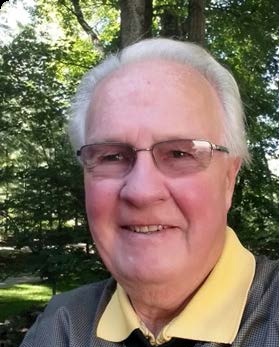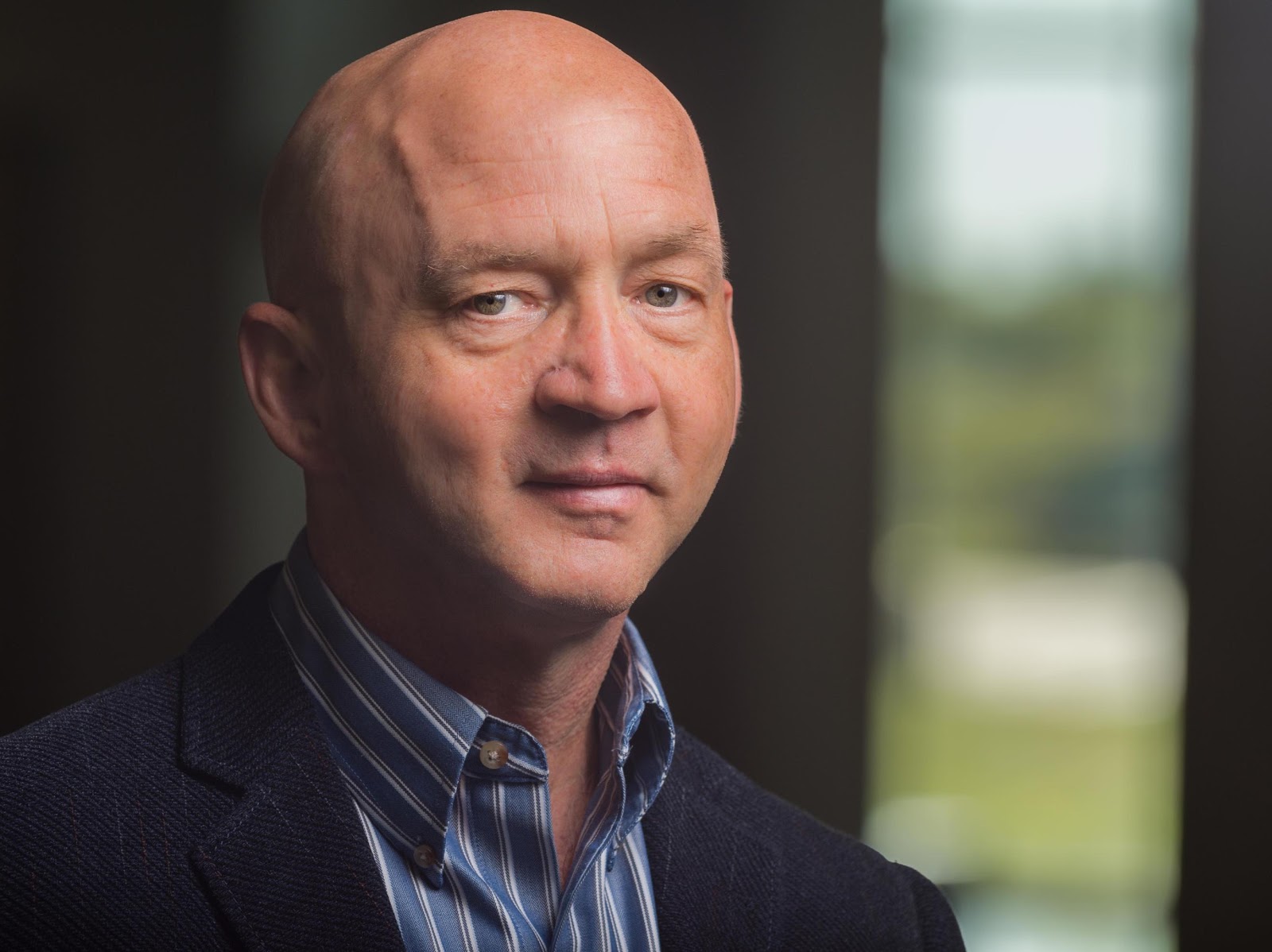Time Has Come...
The ReDesign Consortium & Design Cities Network
Get ready for a 2022 launch combining inventors, designers and integrators of entangled intellectual property.
Get ready for a 2022 launch combining inventors, designers and integrators of entangled intellectual property.
The ReDesign Consortium has been emerging since 1974 when the W.K. Kellogg Foundation funded the “Innovation & New Enterprise Formation” at the University of Maine: Portland . This project was based upon an MIT Foundation proposal to the National Science Foundation (NSF) in 1973 for the transfer of intellectual property to facilitate new enterprise creation in rural states like Maine. It was rejected by the NSF and funded by the W.K. Kellogg Foundation.
The search for patents; nonetheless, the entanglement of intellectual property is often complicated and expensive. Small and medium sized companies (SME) seldom have R&D departments to scout for complementary services, products or manufacturing process trade secrets. But they do license products where they can scale with limited risk.
The ReDesign Consortium works with SME’s that are manufacturing (Mfg) and service companies with 100-500 employees. These companies often have core manufacturing competencies, management experience and cash flow to scale with minimal risk around niche product- markets under $100,000,000 in annual sales.
These companies are also valuable income generating assets to a city, state and possibly to the entire U.S. We agree with the Walton Family Foundation’s 2018 Heartland Summit conclusion that the time is NOW to revitalize mid-America! On October 22, 2019 they founded the Heartland Forward Institute (click on link) which will sponsor a Spring, 2022 Heartland Summit in Bentonville, Arkansas on May 11-12, 2022.
The ReDesign Consortium, by sponsoring a national Design Cities Network, works with regional cities willing to allocate financial and human resources to shape a sustainable economy. By focusing on design, actually “re-design,” American cities might contribute to the intellectual property “IP” Economy to replace the Knowledge and/or Information Economy by 2040. As a result, cities that embrace this challenge will thrive as they produce primary jobs and local company headquarters.
Intellectual property “IP” already impacts every profession and industry. Because of what we have learned from the pandemic crisis, America’s decision makers could be playing catch up to international competitors and their commitment to intellectual property in the 21st century. America & its middle class cannot afford to fall behind…and they won’t if “uncommon friends” gather periodically in cities and states around America.

Innovator, inventor, networker and visionary for Northwest Arkansas. As the 1st Principal of the Springdale Innovation High School, Joe oversaw the construction, curricula and initial staff selection. Now with the NWA Council, Joe provides leadership for "Work-Force" related programs necessary for a 21st century economy. The last three years have convinced Joe regarding the critical role NW Arkansas must play as a national destination in the 21st century.

Organizational psychologist, visionary, executive recruiter & coach as well as an owner. Experienced in American universities, the foundation world, automotive supplier manufacturing network and executive recruiting for top-line growth. POINT of LEVERAGE...hidden and entangled intellectual property lying outside of a national data base is a distinctive feature of The ReDesign Consortium for primary job and headquarters creation within the Design Cities Network.

Chemical engineer, university faculty, consultant, leader and entrepreneur. As a visionary, networker, finisher and former faculty member at Baylor University as well as their advisor on economic development to Waco, Texas, Greg would guide ReDesign Studios and Design Cities as they attempt to “finish well." Greg is is aware of how long it takes and how hard it is for any institution or city to change…we value his patience and ability to help us all face unpleasant often brutal realities.